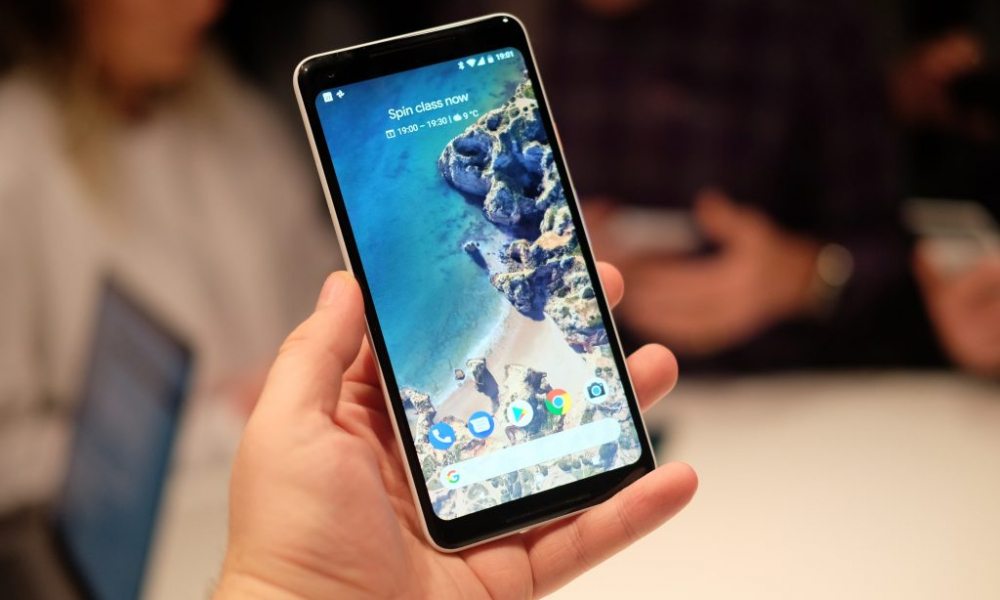Google Admits to Collecting User Location Data After Disabling the Feature

Toggle Dark Mode
Attention Android users: No matter how precautious you are in trying to prevent your smartphone or tablet from being tracked via Google’s Location Services, your device will constantly gather and send this data back to Google, regardless, as long as an internet connection is present.
That’s according to an independent investigation conducted recently by Quartz, who noted that “Since the beginning of 2017, Android phones have been collecting the addresses of nearby cellular towers—even when location services are disabled—and sending that data back to Google. The result is that Google, the unit of Alphabet behind Android, has access to data about individuals’ locations and their movements that go far beyond a reasonable consumer expectation of privacy.”
Seeking comment, the publication reached out to Google — whose rep confirmed the practice, while noting that in light of the investigation, the company is now taking steps to end it. The constant data collection on Android has allegedly been going on for the past 11-months.
“In January of this year, we began looking into using Cell ID codes as an additional signal to further improve the speed and performance of message delivery,” a Google spokesperson said in an email response to Quartz. “However, we never incorporated Cell ID into our network sync system, so that data was immediately discarded, and we updated it to no longer request Cell ID.”
While the rep stopped short of elaborating on how ‘Cell ID codes’ even relate to ‘improving message delivery’ in any way, the privacy implications of an open location-sharing protocol like this are as obvious as the practice itself is troubling. In the broader scheme of things, constant location sharing presents a range of security concerns — especially for those who’d simply rather not be tracked for a wide range of [potentially incriminating] reasons.
Of course, Google insists that any Cell ID data it collects is encrypted — however knowing the “open” nature of the Android OS, it wouldn’t be unreasonable to presume the data could make its way into the wrong hands if breached. After all, it’s not like we haven’t seen that happen before.
Also concerning is the fact that Google’s own privacy policies are not entirely clear about whether the company will collect information should users decide to disable the feature, which has even more far-reaching concerns.
“It has pretty concerning implications,” Bill Budington, a software engineer employed by the Electronic Frontier Foundation — a nonprofit organization that advocates for digital privacy — noted. “You can kind of envision any number of circumstances where that could be extremely sensitive information that puts a person at risk.”
Google’s spokesperson, however, explained to Quartz that the company’s push notification system is “distinctly separate from Location Services, which provide a device’s location to apps.” And this would imply, however, that Google never actually gave users the option to opt-out of cell tower data collection in the first place.
Still, the practice is coming to an end by the end of November, the report notes, which is certainly great news for Android users.






